Originally posted on The Daily Mastery
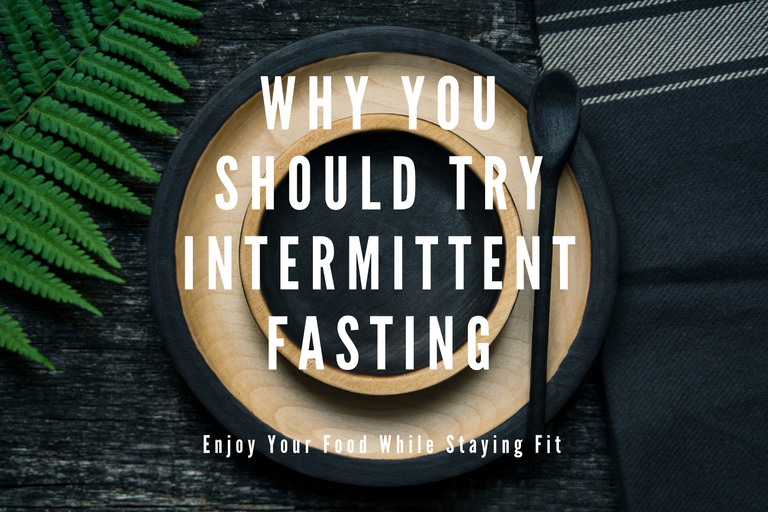
So there I was at a crossroads – keep eating and drinking the things that make me happy but also make me fat, and therefore, eventually becoming unhappy anyway; or maintain a strict diet, cutting out my happy food so I stay lean and fit but ultimately dead inside.
Neither path ends in happiness.
Fasting was gaining popularity fast (fasting joke), and it promised that I could eat what I wanted while maintaining my weight and possibly even losing a pound or 10.
I had already tried diets wherein I had to cut out carbs and other nonsense that fitness gurus suggested. They never work in the long run. Depriving yourself of food that makes your tummy happy make you unhappy.
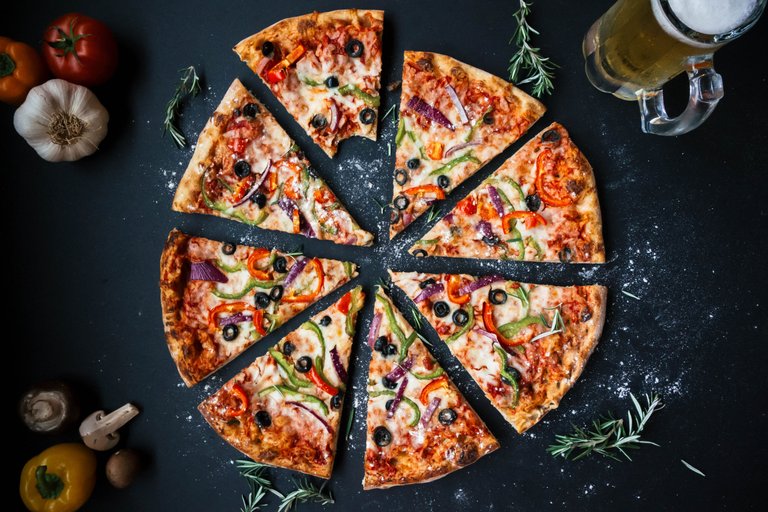
I wanted the lazy man’s path to fitness; I didn’t want to cut out any of my beloved foods and drinks like rice, bread, pasta, pizza, ramen, fried chicken, beer, and many more. All I had to do was skip breakfast and the occasional midnight snack, move both those meals inside my feeding window, and bam, fasting.
At the time, it didn’t feel like a sustainable dietary plan. I loved my bacon and eggs in the morning. I knew I wasn’t going to last.
But what did I have to lose? (A few pounds, really.) So I gave fasting a chance.
I’ve been fasting ever since, and I don’t think I’ll be having breakfast any time soon.
What is Fasting
Fasting is the abstinence from food and drink for a certain time period.
It is not a diet because it doesn’t tell you what you can and can’t eat. Simply put, fasting is not eating or drinking anything with calories. Fasting dictates when you eat and not what you eat, but it’ll be more effective if you don’t eat 3 cakes to yourself during your feeding window.
On a side note, some people make a distinction between the terminology of fasting and time-restricted eating. Time-restricted eating is only concerned with following a consistent feeding window, without much regard for what you eat (still shouldn't be junk). On the other hand, fasting capitalizes on the effects of a fast by taking into consideration the things that you eat, when you eat it, and how much you eat.
There are a few variations for fasting, all producing the same desired effect:
The Warrior Diet: Fasting the whole day then feasting on a huge meal at night.
The 16/8 Method: 16-hour fasting period and 8-hour feeding window.
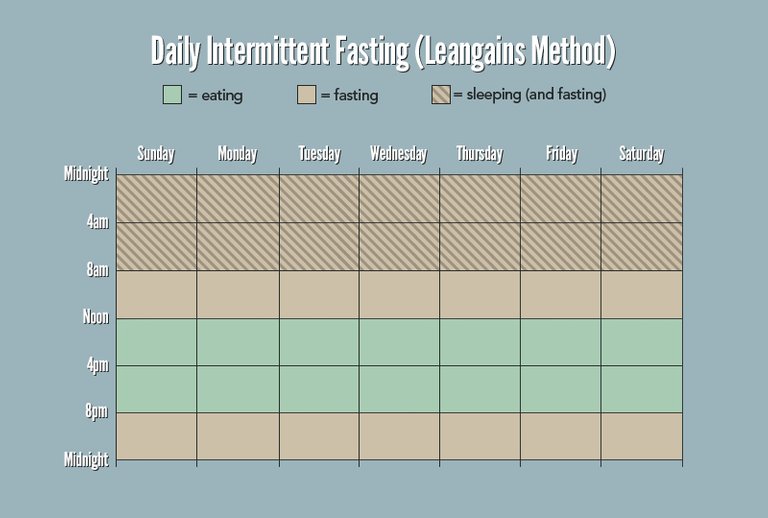
- Eat-Stop-Eat: 24-hour fast, at least once or twice a week.
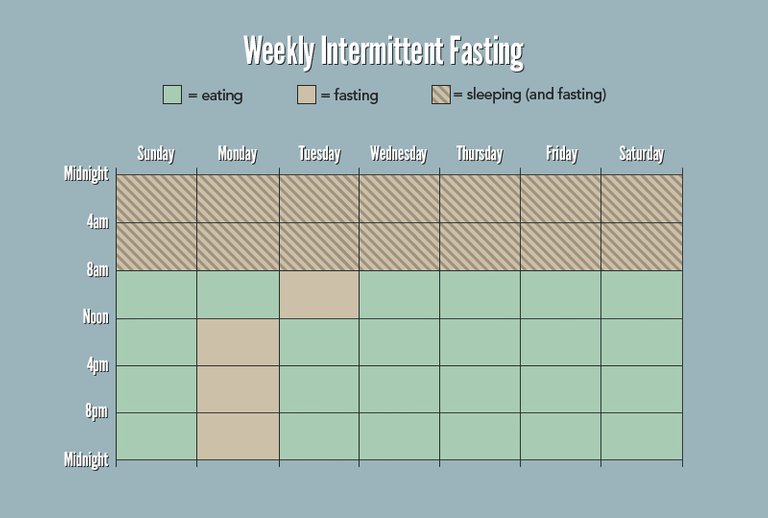
There are probably more ways to fast that are unknown to me. You can even adjust any of the methods above like turning the 16/8 Method to a 14/10 or 20/4 fast. The fasting method that you choose to adopt will depend on whatever suits your bodily needs, schedule, and lifestyle.
Why You Should Fast
You’ve probably heard that fasting can help you lose weight, and that’s why you’re looking into it. It can help you shed a few pounds, definitely, but I think its benefits go beyond the physical aspect and touch upon your mental strength, overall mood, and lifestyle.
For the remainder of the article, I will be referring to the 16/8 Method when I speak of fasting.
Weight Loss
Our bodies can only ever be in a fed state or a fasted state.
The fed state begins when you have your first meal until your body finishes digesting and absorbing all the nutrients from the food you had eaten, which takes around 8 to 12 hours. During this time, your body uses the food you had just eaten as its energy source.
After the 12 hours of digestion and absorption of nutrients, only then does your body enter the fasted state. In the fasted state, your body shifts gears and turns to its energy reservoirs (a cool name for fat) as its main source of energy. This is the fat burning process that we strive to achieve.
With the classic 3 meals a day eating plan, your body doesn’t get a chance to enter the fasted state – dinner at 8 PM, breakfast at 8 AM the next day. You were just about to start
using fat as fuel, but you already went right back to the fed state.
Get back to work, Digestive System! No breaks for you.
Allowing our bodies to enter the fasted state is like our bodies as a Toyota Prius hybrid car that switches to only electric power to save on fuel, and thus, saving the world.
We save the world when we use fat as energy too. No need for that 3rd Big Mac. Say no to excess.
This simple understanding of how fasting can help us access our natural biological functions can change the way we think about how often we really need to eat. Fitness gurus used to recommend eating 6 to 8 small meals spread throughout the day. If we followed this, we’d never be able to tap into our fat stores.
Weight Equation
Food Intake (Input) - Energy Consumption (Output) = Caloric Deficit / Caloric Surplus
This is the Golden Equation when it comes to weight loss. Contrary to popular belief, diet is more important than exercise when it comes to losing weight.
I know, I know. As mentioned earlier, fasting isn’t really a diet; you’re still supposed to eat the same amount of calories as you normally would, only within a restricted time.
So how will you achieve a caloric deficit if you’re eating as much as you used to?
Based on my experience and other people’s anecdotes on fasting, they usually eat fewer calories throughout the day even though it’s recommended to maintain the same amount of calories. The truth is, it’s tough to fit a full meal between 2 other meals. It might sound like a good time to have to eat a mountain of food in one sitting, but it’s not that easy to do if
you’re not Michael Phelps, who can chow down 12,000 calories like it’s nothing.
Fasted Workouts
There is a lot of debate about whether or not working out while in the fasted state increases fat burning. The thinking goes as such: cardio workouts while fasted depletes your glycogen stores (energy), and thus, your body has to start using fat for energy.
This is not scientifically correct, but working out in the fasted state actually does increase fat burning along with a few added benefits.

Want to add a caption to this image? Click the Settings icon.
A study from the Journal of Physiology looked at the tiny bits of fat found within our muscles, which are called Intramyocellular Lipids (IMTG). They compared 2 groups – one that worked out fasted and the other that worked out fed – and looked at their IMTG levels. They found that the group that worked out fasted had a decrease of 12% in their IMTG content as opposed to the non-fasted group that had zero change.
How then does this decrease body fat if the fat being burned is only that inside the muscles?
When IMTG is burned, it needs to be replaced. The body then takes the fat from our bellies and all other undesirable fat locations to restore the IMTG that was used.
The researchers also found that both groups used the same amount of calories, therefore, debunking the belief that fasted workouts deplete glycogen stores so that the body can turn fat into power. In addition, those in the fasted group recovered their glycogen stores 3 times faster than the non-fasted group. This means that the fasted group utilized carbohydrates better and turned it into energy instead of fat.
Life Benefits
Now that we’ve discussed weight loss in detail, which is most likely the most appealing thing about fasting for the uninitiated, we can now talk about how fasting can change your life.
First of all, fasting will give you a boost in energy throughout the day. It seems counterintuitive to have more energy with less food, but the truth is, too much food is actually taking up a lot of your energy.
When you allow your body to enter the fasted state, your digestive system gets to take a break from all the pizza you’ve been chomping down, and you get to redirect your energy to other bodily functions like mental power and whatnot.
You also produce more adrenaline when you’re in a fasted state because it’s as if your body goes into survival mode and needs the boost in power and alertness as it figures out how to run more efficiently and where to find more food or energy.
On top of that, you get more energy when your body shifts to ketone bodies for energy. Ketone bodies are the byproduct of fat being broken down for energy and you get up to twice as much energy from ketones than from glucose.
With fewer meals and a shorter time frame to eat, your insulin levels won’t fluctuate as often. You no longer have to ride the rollercoaster of high energy to low energy. You’ll have high and stable energy all throughout.
Before I started fasting, I’d get sleepy after every meal. I was napping as if I were Bill Gates and didn’t need to work a day in my life!
Final Thoughts
Fasting entails quite a bit of mental toughness.
“Whether you think you can, or you think you can’t – you’re right.” -Henry Ford
The biggest barrier to try out fasting is the idea that you will go hungry if you skip a meal, that you need your 3 meals or more a day. If there’s anything that you learn from this article, let it be the knowledge that you need less food than you think.
Fasting has taught me how to differentiate real hunger from cravings and the accustomary bored eating. Strangely, fasting has made me feel less hungry. Sure, I can still eat a whole lot of food to myself (it’s best to maintain your caloric intake despite the shortened feeding window), but I’ve ceased to experience death hunger – the kind of hunger that makes you exaggeratedly say, “I can eat a whole cow right now.”
To have a long and happy fasting ‘career’, I find it best to indulge every once in a while. People have cheat meals, but I choose to have cheat days – Saturday and Sunday – where I just stuff my face with food and drink to my heart’s desire.
![]()
That was what I wanted all along, wasn’t it? A ‘diet’ that would allow me to eat anything and everything I wanted. Of course, there’s a difference between time-restricted eating and Intermittent Fasting but that requires a whole article to itself.
The benefits of fasting greatly outweigh its alternatives. Try it out. All you’ll lose are a few meals and a few pounds. If you decide to stop fasting, it’s all good in the hood. You’ve tried it and it just isn’t for you.
Final notes on fasting:
- Listen to your body; feed it when needed.
- Be kind and patient with yourself; it’s okay if you don’t follow the time restrictions to the second or if you don’t follow it at all on some days.
- You don’t have to fast every day. The guidelines for Intermittent Fasting are in its name; you should do it intermittently.
- Enjoy life; have a beer or 12 with family and friends. 12 with family. 12 with friends.
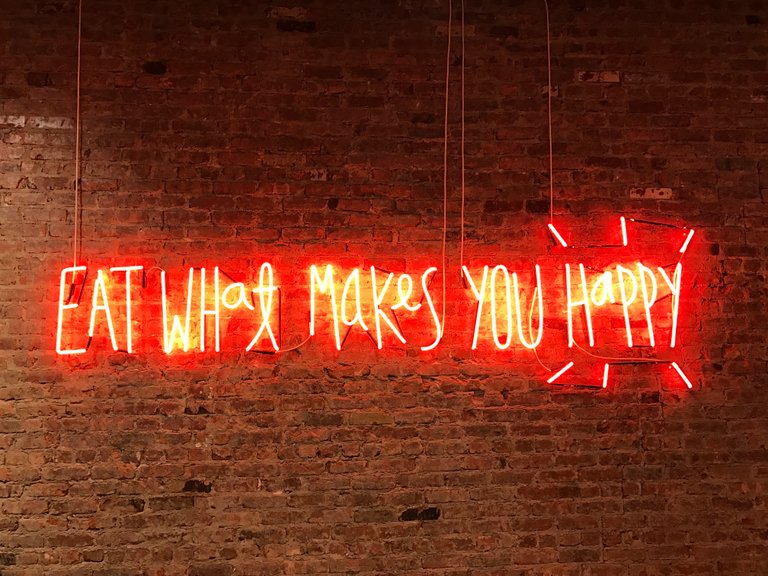
Originally posted on The Daily Mastery
Congratulations @luwedges! You received a personal award!
You can view your badges on your Steem Board and compare to others on the Steem Ranking
Vote for @Steemitboard as a witness to get one more award and increased upvotes!